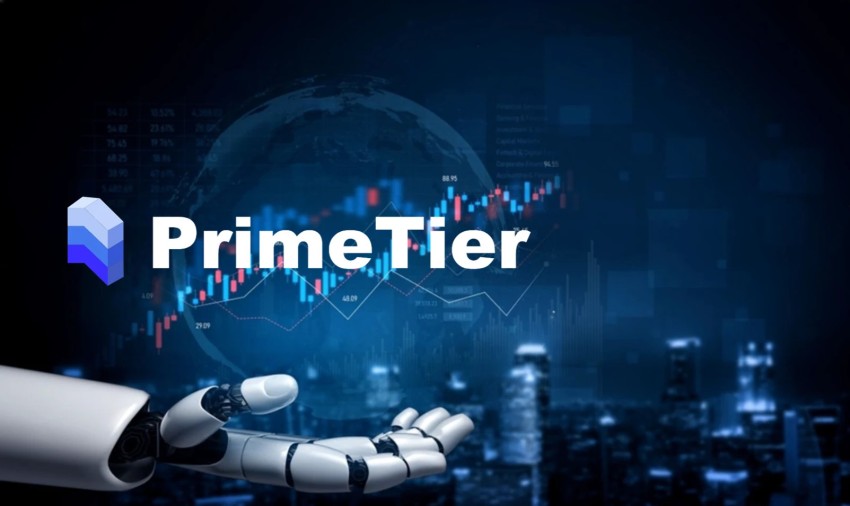Once, navigation was an art: maps, compasses, stars. Today, we simply open a GPS app. Accuracy, speed, accessibility. Blockchain is now doing the same for property rights. If previously real estate ownership was proven with stacks of paper, notarial signatures, and the risk of document loss, now it is confirmed by a digital record in a distributed ledger. This isn't evolution; it's a revolution, and it's creating a fundamentally new asset class.

From Paper to Code: What is a "Digital Title"
Imagine that the ownership right to an apartment in London or a share in a logistics complex in Singapore is not a printed contract in a safe, but a unique digital record. This is the "digital title." Its key features:
- Inalienability. A record on the blockchain cannot be forged, lost, or destroyed. It exists in thousands of copies simultaneously.
- Transparent History. The entire chain of ownership—from the developer to the current co-owner—is open for verification.
- Instant Transfer. Ownership rights can be transferred to another person in seconds, not months, as with traditional transactions.
This is not merely the digitization of a paper document. It is the creation of a new asset that is inherently more liquid and secure.
Technical Magic: Hashes and Smart Contracts
How does this work in practice? When a real estate object is tokenized, a unique digital "footprint"—a hash—is created on the blockchain. This is a cryptographic fingerprint that uniquely identifies your asset. Any attempt to change the owner data will result in a completely different hash, and the system will immediately detect the forgery. This makes your ownership right indisputable.
But the technology goes further. Smart contracts are programmed rules that execute automatically. For example, when a tenant pays for premises, a smart contract can instantly distribute the received funds among all owners of shares in that property, proportionally to their stake. This eliminates the human factor, delays, and errors, turning passive income into a fully automated process.
Why is This Safer Than Traditional Methods?
Many still believe in the reliability of depositary receipts or safe deposit boxes. However, history knows many cases of loss, forgery, or dispute of such documents. Blockchain offers a different level of security. Your right is not a document in one location, but a cryptographically confirmed record in thousands of independent copies of the ledger. To destroy it, one would have to destroy the entire network. This makes a digital title an order of magnitude safer than any paper security or certificate.
ESTEX: Where Theory Becomes Reality
These principles form the foundation of the ESTEX platform. They don't just talk about the future—they are building it. Every object in the ESTEX ecosystem—be it commercial real estate in Europe or a resort in Asia—exists in the form of digital titles protected by blockchain. Smart contracts automate all processes: from distributing rental income to managing legal aspects through SPVs (Special Purpose Vehicles).
The platform is the practical implementation of how technology is creating a new, more democratic, transparent, and efficient asset market. The company is transforming real estate from a static, hard-to-transfer asset into a dynamic, liquid digital instrument, open to a global audience.
The future of ownership has already arrived. It is recorded on the blockchain.














